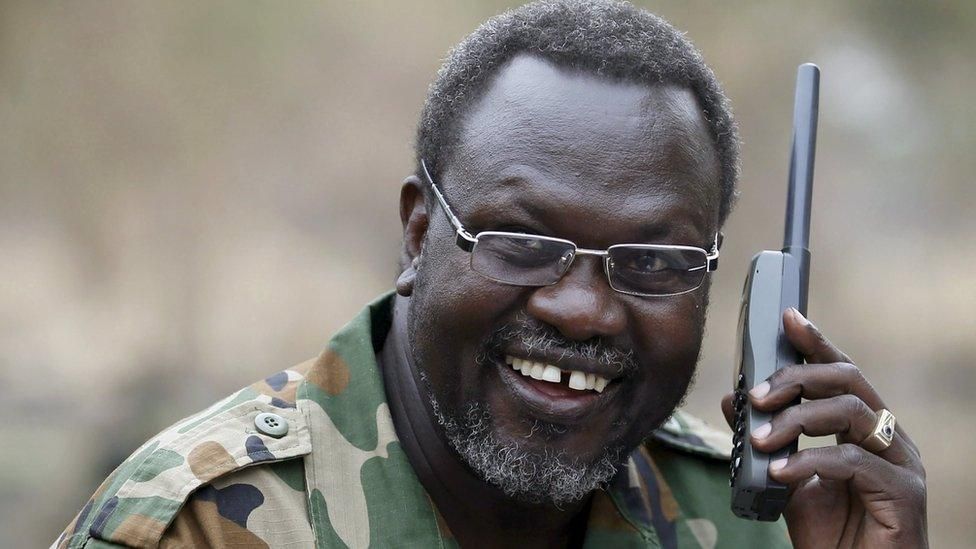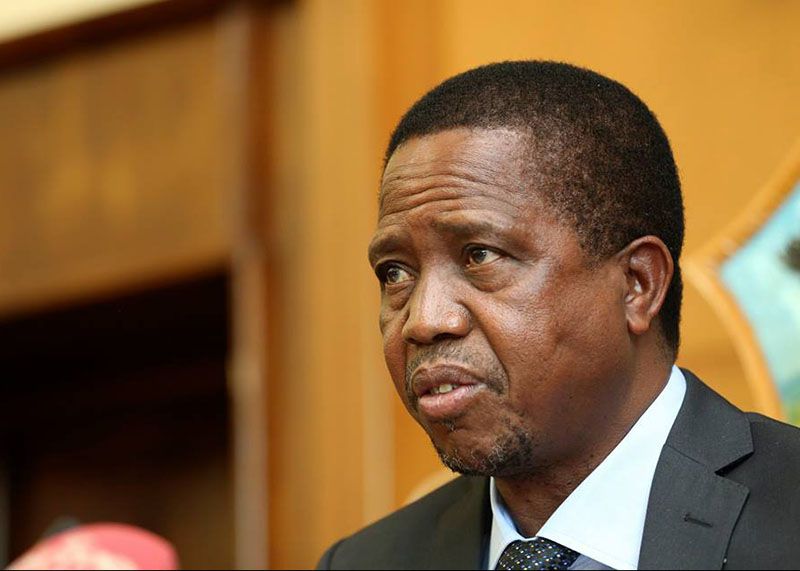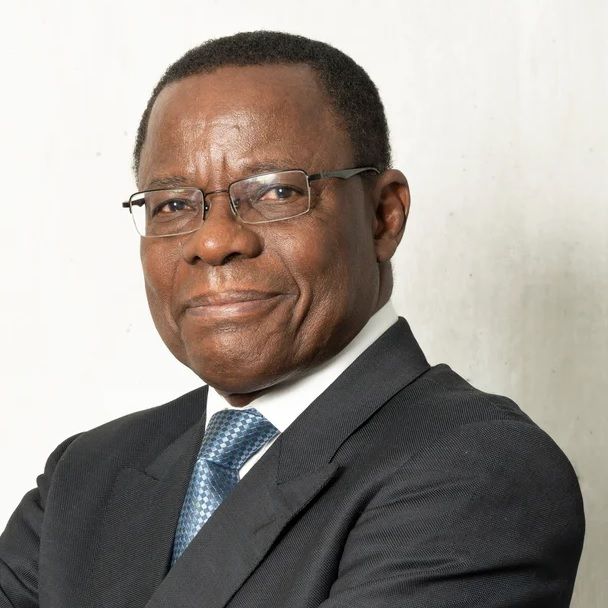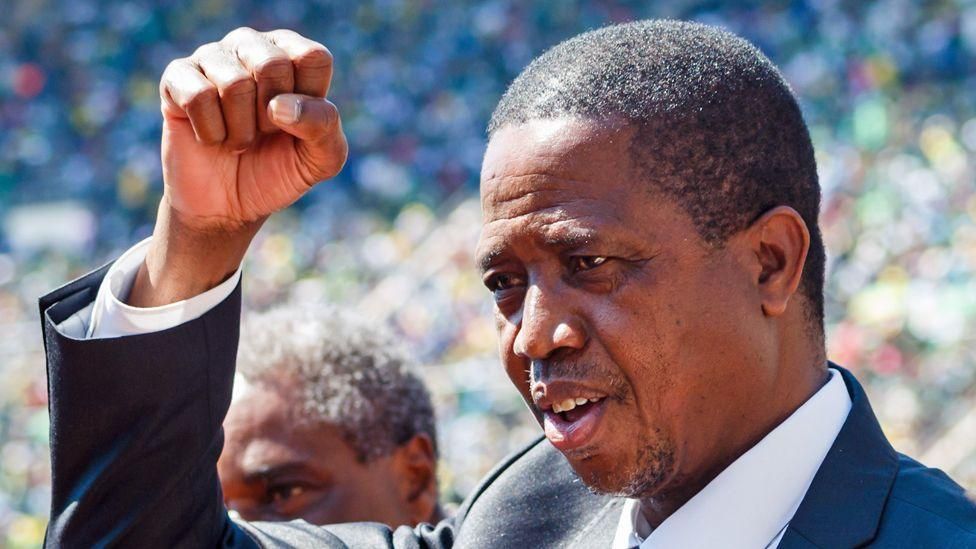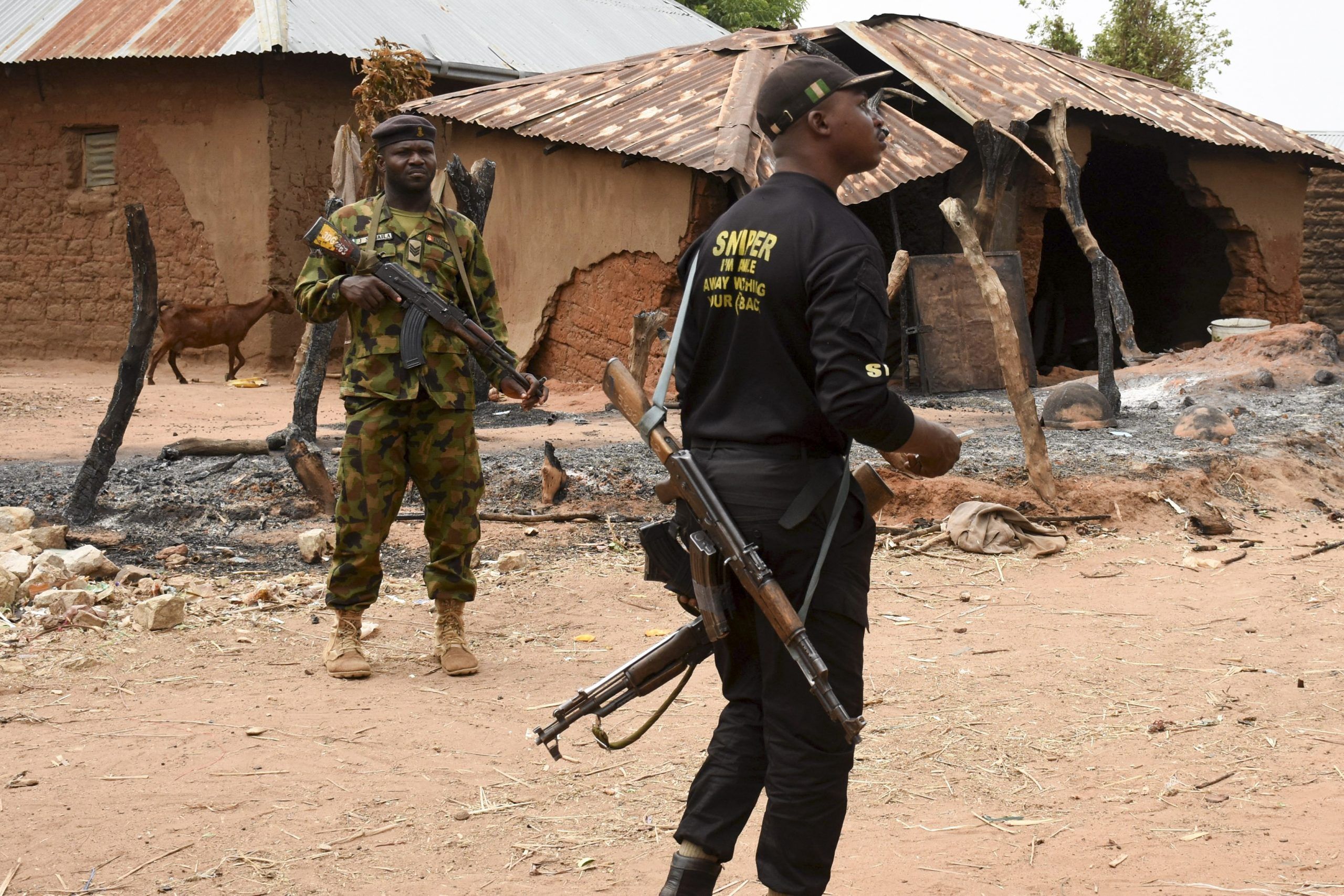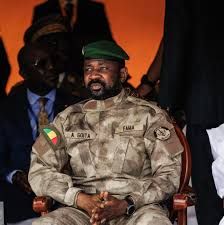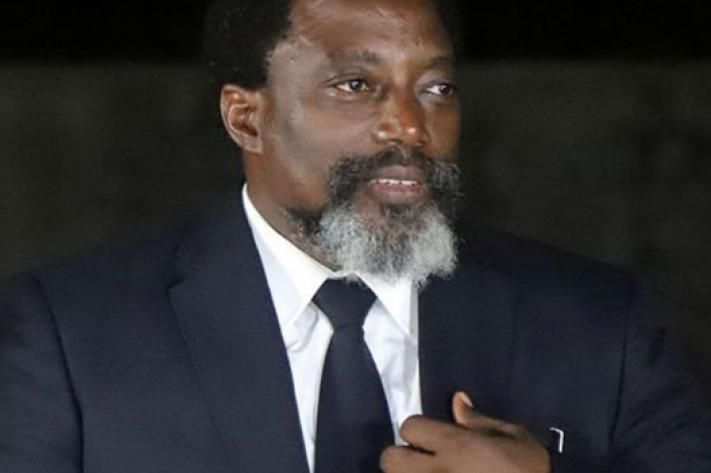The nation’s plans to honor former President Edgar Lungu with a state funeral have been thrown into disarray amid deep-seated political tensions and personal animosities between Zambia’s current President Hakainde Hichilema and the late former leader.
Lungu’s death on June 5 at age 68 sparked a wave of condolence messages from neighboring countries and international leaders. However, the official mourning process has been overshadowed by a bitter feud that has left the country divided and questions swirling over the handling of his funeral arrangements.
Initially scheduled for Sunday at a major conference center in Lusaka, the state funeral will no longer take place as planned. No visiting dignitaries will attend and the venue will remain empty as disagreements between the family and government over funeral control have escalated.
The controversy was evident from the moment Lungu’s daughter, Tasila announced his passing via Facebook. Dressed in a black jacket and visibly emotional, she said her father died in a South African hospital where he was receiving treatment with “dignity and privacy.” Her brief message invoked Zambia’s national motto, “One Zambia, One Nation,” seemingly as a plea for unity during a time of grief—a subtle hint that underlying tensions persisted.
Meanwhile, questions arose as to why President Hichilema had not publicly acknowledged Lungu’s death immediately. While other international leaders and social media users sent condolences, Zambia’s state broadcaster, ZNBC, remained silent. It was only hours later that Hichilema issued a message on Facebook, calling for peace, dignity and unity, a move seen by many as insufficient given the circumstances.
Supporters of Lungu criticized Hichilema’s delayed response, especially considering the history of hostility between the two politicians. Hichilema who defeated Lungu in the 2021 elections after a contentious campaign, has a long history of political rivalry and personal grievances rooted in past imprisonments and allegations of harassment during his opposition days.
Lungu’s tenure was marked by allegations of corruption and perceived anti-democratic practices, leading to his defeat in 2021 amid widespread discontent. After leaving office, Lungu announced his return to active politics in October 2023 prompting the government to revoke his retirement benefits and impose restrictions, including police harassment and travel bans—claims the government denies.
Relations between the two leaders further deteriorated after Lungu’s death. The family sought to control funeral arrangements but the government’s attempts to take charge including releasing a funeral program emphasizing President Hichilema’s involvement led to a breakdown in negotiations.
Lungu’s family expressed anger over what they described as government interference and the situation worsened when the family announced that the funeral would be held in South Africa citing the ongoing disagreements and the feeling that Hichilema’s government had not shown genuine respect.
The tragic fallout has denied many Zambians the opportunity to mourn their former leader collectively and has left a lingering sense of division in the nation. As the funeral plans remain in limbo, the country faces the prospect of a somber farewell that reflects its deep political wounds.
The death of Edgar Lungu has thus become more than a loss of a former leader. It has exposed the profound rifts within Zambia’s political landscape, with many questioning whether the country will ever find a path toward reconciliation.
